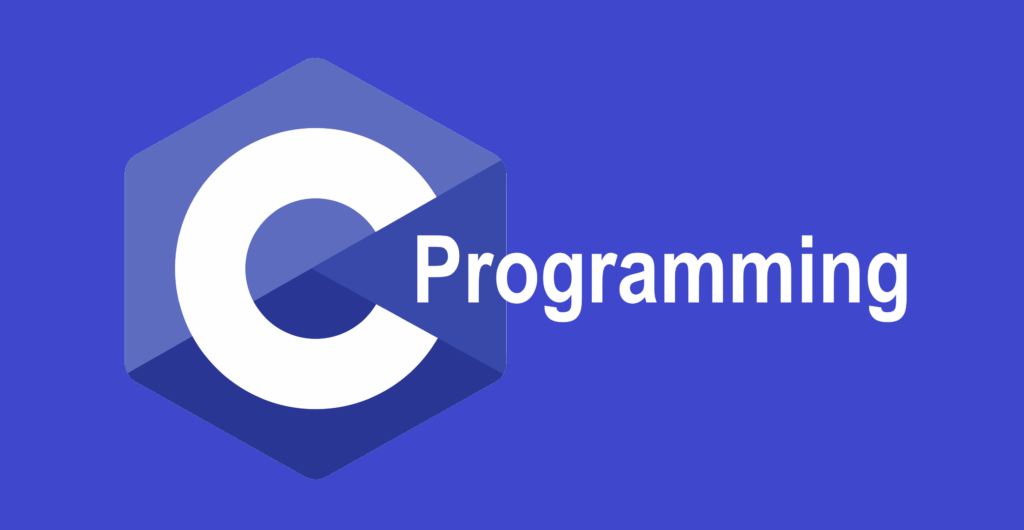Programming and Web Technologies


C training provided by ACLM Institute of Professional Studies for the students with a comprehensive study of the C programming language. We strain the strengths of C, which provide programmers with the means of writing efficient, maintainable, and portable code. We provide our training session with lab exercises.
C training is a general-purpose, linear programming, including imperative computer programming language, supporting structured programming, lexical variable scope and recursion, while a static type system prevents many unintended operations. By design, C provides constructs that map efficiently to typical machine instructions, and therefore it has found lasting use in applications that had formerly been coded in assembly language, including operating systems, as well as various application software for computers ranging from supercomputers to embedded systems
EXCELLENTTrustindex verifies that the original source of the review is Google. Aclm institute is best...plzz visitTrustindex verifies that the original source of the review is Google. Peaceful place for study must visit hereTrustindex verifies that the original source of the review is Google. ACLM is best institute in ghaziabad....Trustindex verifies that the original source of the review is Google. ACLM is one of the best IT training . I have completed my digital marketing course recently. Thanks to Amit sir for making me learn the things easily. It has been a great experience learning from you....Trustindex verifies that the original source of the review is Google. Best institute for data analysis and digital marketing. Go for it.Trustindex verifies that the original source of the review is Google. Best institute for digital marketing training. You can learn lotTrustindex verifies that the original source of the review is Google. Really appreciable. ACLM entire team is simply superb.Trustindex verifies that the original source of the review is Google. I've completed my Power BI and SQL course from here. The classes were very informative and consisted of various case based assignments for hands on experience of the tools and easy understanding.


ACLM, sincerely thanks to our entire supporters to make it successful and made a brand globally for Data Analytics.
We Promise that our entire team is always helpful endevaour.
Education is the key to success - Indira Gandhi
| Cookie | Duration | Description |
|---|---|---|
| cookielawinfo-checkbox-analytics | 11 months | This cookie is set by GDPR Cookie Consent plugin. The cookie is used to store the user consent for the cookies in the category "Analytics". |
| cookielawinfo-checkbox-functional | 11 months | The cookie is set by GDPR cookie consent to record the user consent for the cookies in the category "Functional". |
| cookielawinfo-checkbox-necessary | 11 months | This cookie is set by GDPR Cookie Consent plugin. The cookies is used to store the user consent for the cookies in the category "Necessary". |
| cookielawinfo-checkbox-others | 11 months | This cookie is set by GDPR Cookie Consent plugin. The cookie is used to store the user consent for the cookies in the category "Other. |
| cookielawinfo-checkbox-performance | 11 months | This cookie is set by GDPR Cookie Consent plugin. The cookie is used to store the user consent for the cookies in the category "Performance". |
| viewed_cookie_policy | 11 months | The cookie is set by the GDPR Cookie Consent plugin and is used to store whether or not user has consented to the use of cookies. It does not store any personal data. |
PL / SQL for Professionals (Designed by Experts). Learn to handle huge data quickly
Thank you for submitting the form.
WhatsApp us